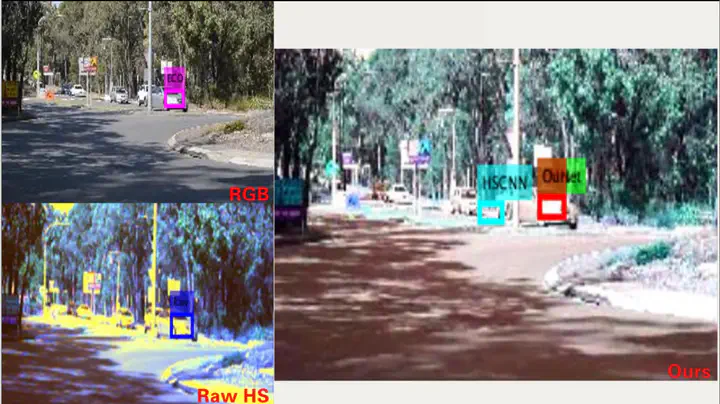Semantic-embedded Unsupervised Spectral Reconstruction from Single RGB Images in the Wild

Abstract
This paper investigates the problem of reconstructing hyperspectral (HS) images from single RGB images captured by commercial cameras, without using paired HS and RGB images during training. To tackle this challenge, we propose a new lightweight and end-to-end learning-based framework. Specifically, on the basis of the intrinsic imaging degradation model of RGB images from HS images, we progressively spread the differences between input RGB images and re-projected RGB images from recovered HS images via effective unsupervised camera spectral response function estimation. To enable the learning without paired ground-truth HS images as supervision, we adopt the adversarial learning manner and boost it with a simple yet effective L1 gradient clipping scheme. Besides, we embed the semantic information of input RGB images to locally regularize the unsupervised learning, which is expected to promote pixels with identical semantics to have consistent spectral signatures. In addition to conducting quantitative experiments over two widely-used datasets for HS image reconstruction from synthetic RGB images, we also evaluate our method by applying recovered HS images from real RGB images to HS-based visual tracking. Extensive results show that our method significantly outperforms state-of-the-art unsupervised methods and even exceeds the latest supervised method under some settings.
Supplementary notes can be added here, including code, math, and images.